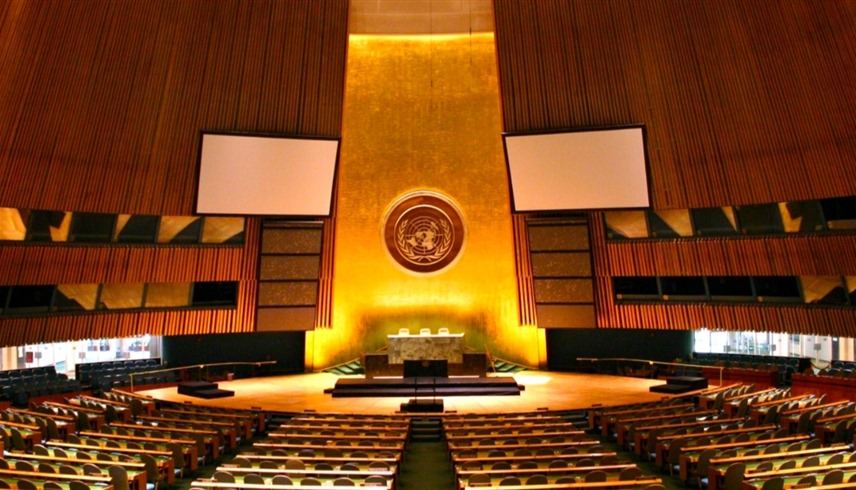North Korea's Missile Escalation: Global Reactions
North Korea fires short-range ballistic missiles amidst growing tensions, prompting strong international condemnation and highlighting increasing military cooperation with Russia.
Published September 19, 2024 - 00:09am

Image recovered from arabnews.com
North Korea has once again drawn international ire by launching multiple short-range ballistic missiles towards its east coast. The missiles, fired from Kaechon at around 6:50 a.m. local time, flew approximately 400 kilometers in a northeast direction, alarming neighboring nations and the global community.
This marks the second such missile test by Pyongyang in a week, coinciding with the recent revelation of a uranium enrichment facility intended to bolster its nuclear arsenal. The missile tests have been condemned as provocations, with South Korea's Joint Chiefs of Staff labeling them as serious threats to regional peace and stability.
Japan's coast guard also reported that another ballistic missile was fired shortly after the initial launch, with Defense Minister Minoru Kihara noting that one missile fell near North Korea's eastern inland coast. Both Japan and South Korea have vowed a stern response to any further provocations.
The United States Indo-Pacific Command has acknowledged the launches and is closely consulting with Seoul and Tokyo. The missile tests come amid increasing military cooperation between North Korea and Russia, with indications that the weapons tested could be destined for export to Russia.
South Korea's Yonhap news agency speculated that the missiles might have been the KN-23 or Hwasong-11 models, similar to those previously identified by Ukrainian authorities as being supplied to Russia. This suspicion is further fueled by the recent visits between North Korean and Russian officials, including Foreign Minister Choe Son Hui and Russian counterpart Sergei Lavrov, which focused on bolstering bilateral ties.
Japan's commitment to regional security remains unwavering, with its Defense Ministry and coast guard continuously monitoring North Korean activity. In response to last week's missile launches, Japan has reiterated its intolerance for North Korean provocations.
France has joined the condemnation, urging North Korea to engage in a complete, verifiable, and irreversible abandonment of its nuclear and missile programs. French experts suggest that the missile tests might be linked to purported arms supplies to Russia amid the ongoing war in Ukraine.
North Korean state media, KCNA, framed the tests as a demonstration of a new 600-mm multiple rocket launcher system overseen by leader Kim Jong-un. The regime's rapid expansion and modernization of its nuclear arsenal are evident, contributing to heightened global tensions.
Analysts anticipate that North Korea might conduct further tests, including long-range missiles or nuclear detonations, ahead of the U.S. presidential elections in an effort to influence future negotiations with Washington.
The recent actions of North Korea have led to heightened vigilance and preparedness among the U.S., South Korea, and Japan, as they share intelligence on North Korean missile activities. Military drills and strategic alliances are being strengthened to counter the escalating threat from Pyongyang.
North Korea's ongoing military provocations have significantly strained its relations with South Korea, with the latter halting several cooperative initiatives and resuming border propaganda broadcasts. The situation remains volatile, as Pyongyang's rhetoric grows increasingly hostile, declaring South Korea as its primary enemy.
The international community continues to watch closely as North Korea's actions have far-reaching implications for regional and global security. As countries grapple with North Korea's defiance, diplomatic efforts and strategic defenses are being bolstered to manage and mitigate the potential threats posed by Pyongyang's actions.





